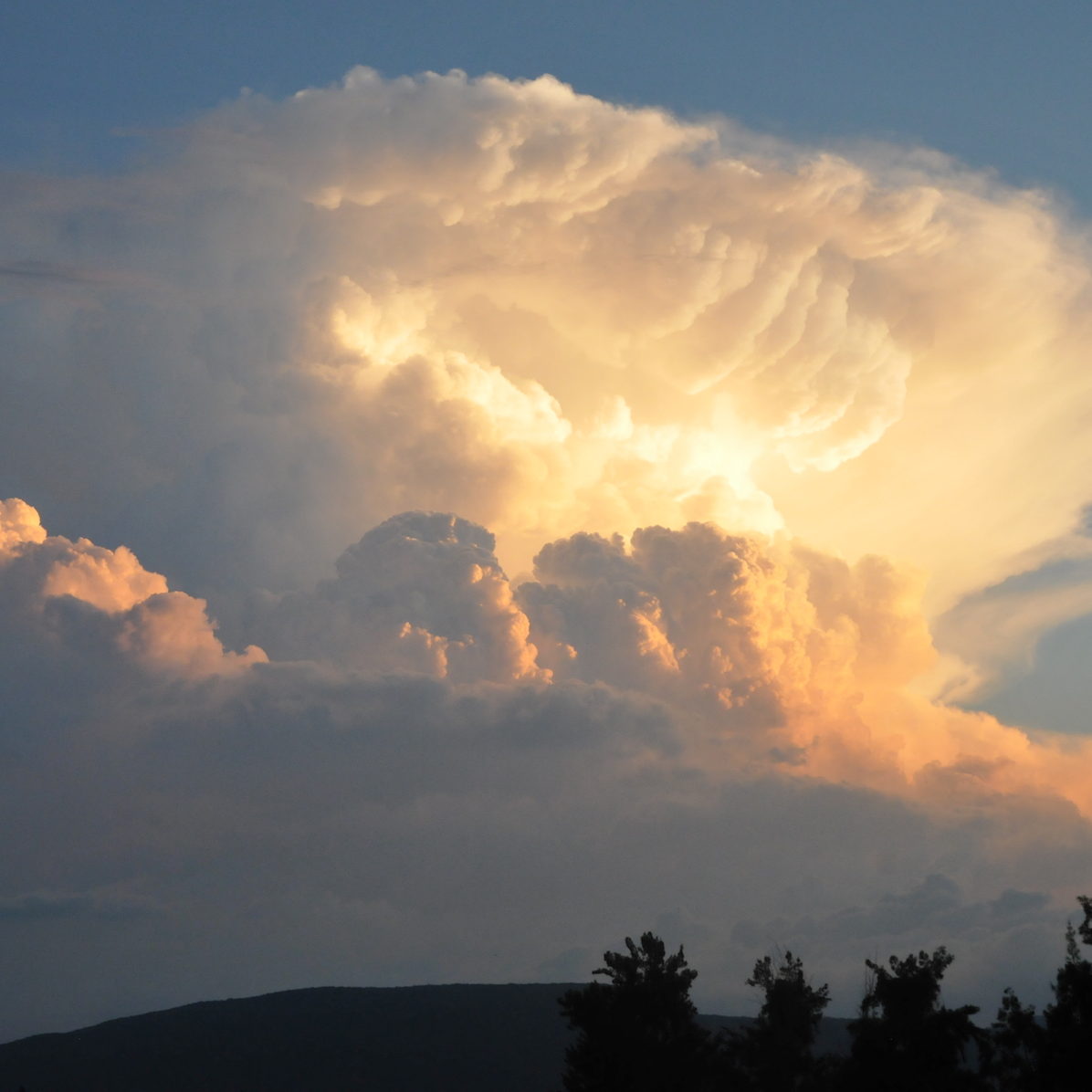The light of the bright world dies with the dying sun;
The world is too much with us; late and soon,
Some say the world will end in fire, some say in ice,
(But) there are more things in heaven and earth…than are dreamt of in your philosophy,
(For) all the shining lights in the heavens [God] will darken over you.
Lord God of Hosts, be with us yet,
Lest we forget—lest we forget.
**********************************************************
Line 1: “The night has a thousand eyes,” Francis William Bourdillon
Line 2: “The world is too much with us,” William Wordsworth
Line 3: “Fire and Ice,” Robert Frost
Line 4: Hamlet, William Shakespeare (parentheses and ellipsis added)
Line 5: Ezekiel 32:8a (parentheses and bracketed word added)
Lines 6 & 7: “Recessional,” Rudyard Kipling
(Last Friday, November 18, was Form Friday, and our prompt options were to do a Cento or a Blackout poem. Both are known as “found” poems because they use material from other sources. I decided to try a Cento, which borrows lines or phrases from other works and creates a new poem from them. I started with line 5–I read that this morning and it struck me as a fabulous concept for a story, and if not that, an interesting line for a poem. Then I went digging around for some other random lines that I remembered from poems, wrote them down, fooled around with them, and created something with a little sense. Beneath my poem is a list of my sources.
The only line I couldn’t figure out how to fit in was another bit of Shakespeare from The Merchant of Venice, and it’s so lovely that I’ll put it here: “Look, how the floor of heaven/Is thick inlaid with patines of bright gold.” Now THAT’S how I want to write.)
